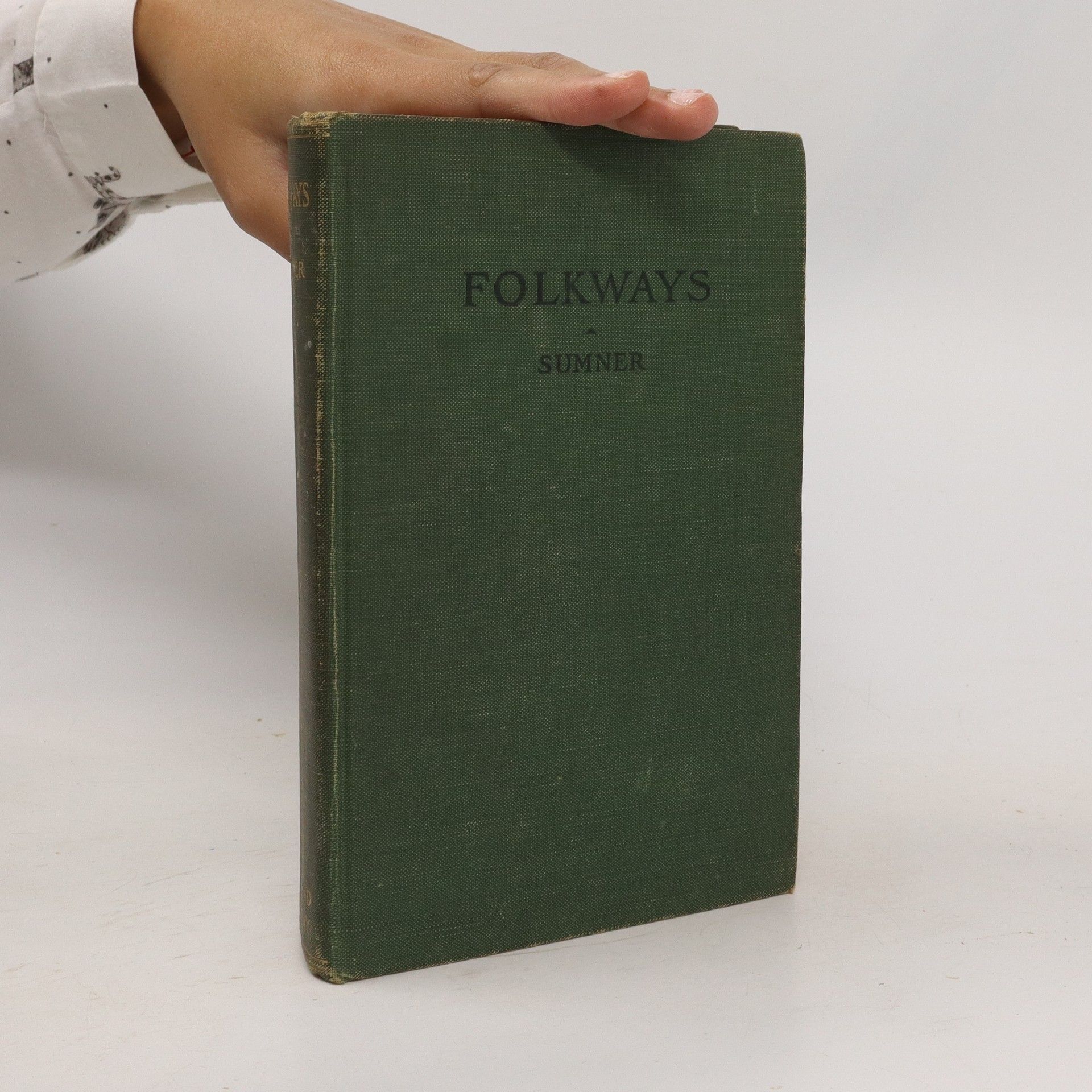Folkways and Mores
- 281bladzijden
- 10 uur lezen
William Graham Sumner was een invloedrijke Amerikaanse sociaal wetenschapper die diep geworteld was in het klassiek liberalisme. Als de eerste hoogleraar sociologie van het land in Yale, had hij een diepgaande impact op zijn studenten en het academische landschap. Zijn uitgebreide geschriften bestreken de Amerikaanse geschiedenis, economische geschiedenis, politieke theorie en antropologie, en boden een breed sociaalwetenschappelijk perspectief. Als voorstander van laissez-faire economie en vrije markten was Sumner een uitgesproken tegenstander van imperialisme, waarbij hij de belangen van de "vergeten man" behartigde en een blijvende stempel drukte op het Amerikaanse conservatisme.




Andrew Jackson is an unchanged, high-quality reprint of the original edition of 1899. Hansebooks is editor of the literature on different topic areas such as research and science, travel and expeditions, cooking and nutrition, medicine, and other genres. As a publisher we focus on the preservation of historical literature. Many works of historical writers and scientists are available today as antiques only. Hansebooks newly publishes these books and contributes to the preservation of literature which has become rare and historical knowledge for the future.
A collection of classic reconstructions based on forty years' experience of archaeological research.